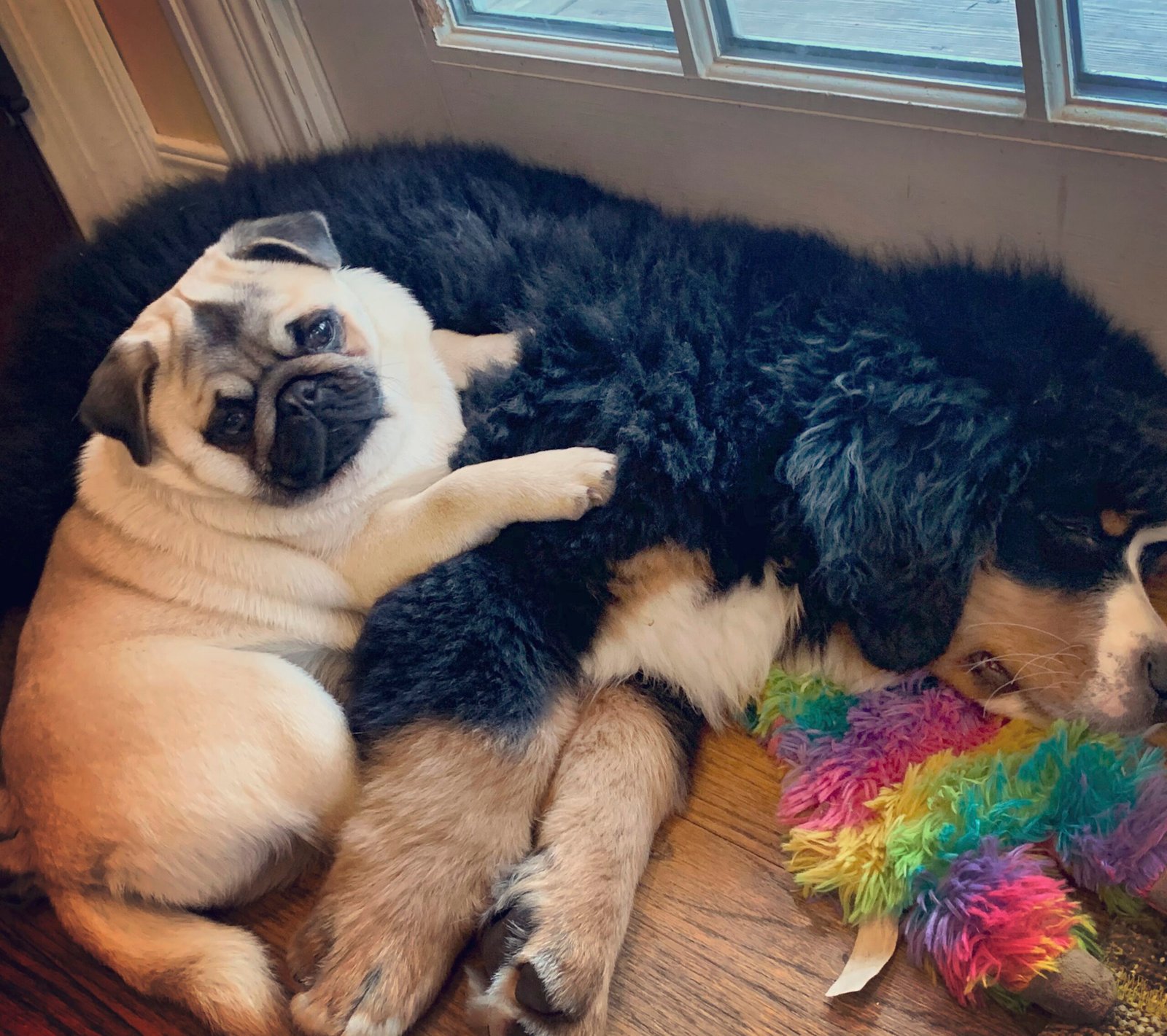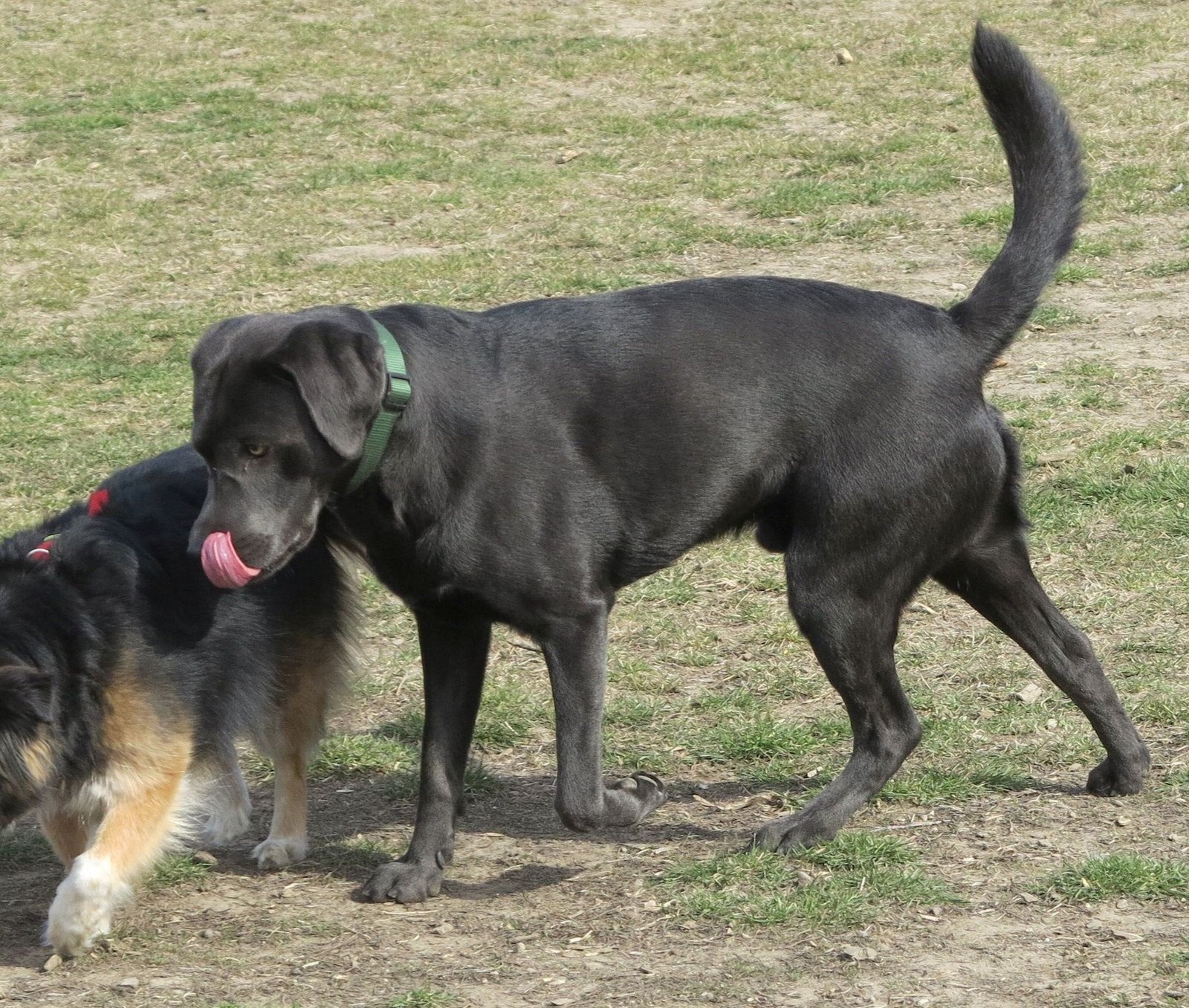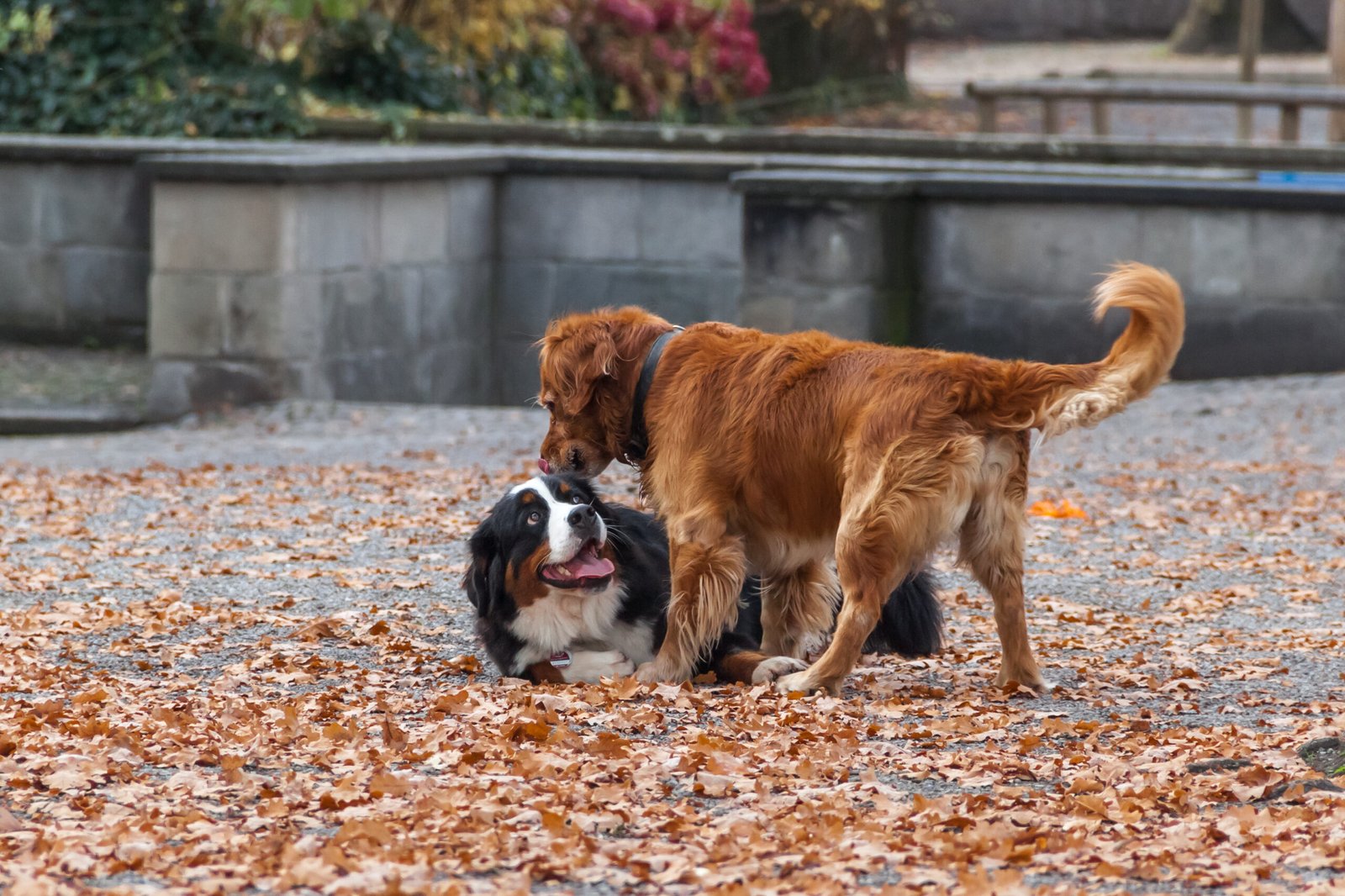zzHave you ever wondered what really happens when two dogs meet at the park? Do they just sniff each other and move on, or is there a whole world of canine social rules at play? The truth is, dogs have their own secret social lives—filled with alliances, rivalries, and sometimes even a bit of drama. But did you know that a dog’s breed can shape how they make friends, handle introductions, and find their place in the pet pack? Get ready to discover the surprising ways that breed influences your dog’s friendliness and compatibility with others!
The Social Butterfly Breeds: Dogs Who Love Everyone
Some dog breeds are like the life of the party—they’ll greet everyone with a wagging tail and a big, goofy grin. Breeds such as Golden Retrievers, Labradors, and Beagles are famous for their open-hearted friendliness. These dogs thrive on interaction and often seem to make friends wherever they go, both with people and other pets. Their outgoing personalities mean they’re usually the first to say hello at the dog park, and they rarely show aggression or shyness. This makes them fantastic companions for families, especially those with children or other animals in the home. If you’re looking for a pup who’ll charm your neighbors and play happily with new friends, these social butterflies are hard to beat. Their secret? Generations of breeding for companionship and service roles have made them naturally sociable.
Reserved But Loyal: Breeds That Take Their Time
Not every dog is immediately outgoing, and that’s perfectly normal. Breeds like the Shiba Inu, Akita, and Chow Chow tend to be more reserved, especially around strangers or unfamiliar dogs. Their natural caution can sometimes be mistaken for aloofness, but these breeds simply prefer to observe before joining in. Once they’ve decided someone is trustworthy, though, their loyalty runs deep, and they can form incredibly strong bonds with their chosen people and animal friends. This careful approach can actually make their friendships more meaningful. These dogs often thrive in quieter households and may not enjoy busy dog parks as much as their extroverted cousins. Their secret social life is all about quality over quantity—when they choose a friend, it’s for life.
The Playful Pack Leaders: Herding and Working Breeds

Herding and working breeds like Border Collies, Australian Shepherds, and Boxers have a unique approach to socializing. Bred for teamwork and leadership, these dogs often try to “organize” playgroups and may even attempt to herd other dogs or children. Their intelligence and energy make them enthusiastic playmates, but sometimes their bossy tendencies can rub other dogs the wrong way. They need plenty of mental and physical stimulation, and they love games that involve teamwork or problem-solving. These breeds are happiest when given a job to do, even if it’s just fetching a ball or leading a pack walk. Their social lives are active and dynamic, but they do best with other dogs who appreciate their spirited style.
Tiny But Mighty: Small Breeds with Big Personalities

Don’t be fooled by their size—small breeds like Dachshunds, Pomeranians, and Jack Russell Terriers often have outsized personalities. Some are bold and fearless, marching right up to dogs ten times their size, while others can be a bit yappy or even protective. Their confidence makes them entertaining playmates, but it can also lead to misunderstandings if they push boundaries with larger or more reserved dogs. Many small breeds are known for being lively and affectionate with their families, yet selective in their choice of canine companions. Their social circles may be smaller, but they approach friendship with enthusiasm and flair. Living with one of these tiny dynamos means embracing a dog who’s never afraid to make their voice heard.
Gentle Giants: Large Breeds with a Soft Touch

When you think of huge dogs like Great Danes, Newfoundlands, or Saint Bernards, you might expect them to be intimidating. In reality, many large breeds are total softies, known for their gentle, loving nature. These dogs tend to be patient with children and are often tolerant of smaller animals, making them wonderful family members. Despite their size, they rarely throw their weight around and are usually content to take things slow. Their calm demeanor allows them to fit into a variety of social situations, and they’re often the peacemakers in groups of dogs. If you want a companion who’s both impressive and sweet, a gentle giant might be just the friend you need.
Sensitive Souls: Breeds That Need a Gentle Touch
Some breeds, like Whippets, Italian Greyhounds, and Cavalier King Charles Spaniels, are exceptionally sensitive to their environment and the moods of those around them. These dogs often crave gentle handling and reassuring words, both from humans and other dogs. Loud noises, rough play, or chaotic environments can quickly overwhelm them, so they do best in calm, supportive households. Their sensitivity makes them highly responsive to their owner’s emotions, and they often form deep, almost empathic bonds. When socializing, they prefer friendly, low-key dogs who respect their boundaries. Their secret to happiness is feeling safe and loved, which brings out their affectionate and playful sides.
Compatibility Matters: Matching Breeds for Harmony
Bringing a new dog into your home? Breed compatibility can play a big role in creating a harmonious household. For instance, pairing a high-energy herding dog with a laid-back senior pup might lead to frustration on both sides. Similarly, two dominant breeds may clash if neither is willing to back down. Many experts suggest looking for dogs with similar play styles and temperaments for the best chance at friendship. Of course, individual personality matters just as much as breed, but knowing the typical traits of each breed can help guide your choices. When introductions are made slowly and thoughtfully, even very different breeds can become the best of friends, showing that understanding and patience are key to canine compatibility.
Unleashing the Secret: How to Help Your Dog Make Friends

Every dog has a unique social style, but there are ways you can help them shine in their own way. Socialization from an early age is important—gentle introductions to different dogs, people, and environments build confidence and reduce fear. Pay attention to your dog’s body language, and don’t force interactions if they seem uncomfortable. Choose playmates who match your dog’s energy and temperament, and always supervise early meetings. Remember, some dogs will have a huge circle of friends, while others may prefer one or two close companions. What matters most is letting your dog express their true personality while feeling safe and supported. Watching your dog build friendships is one of the most rewarding experiences a pet owner can have.